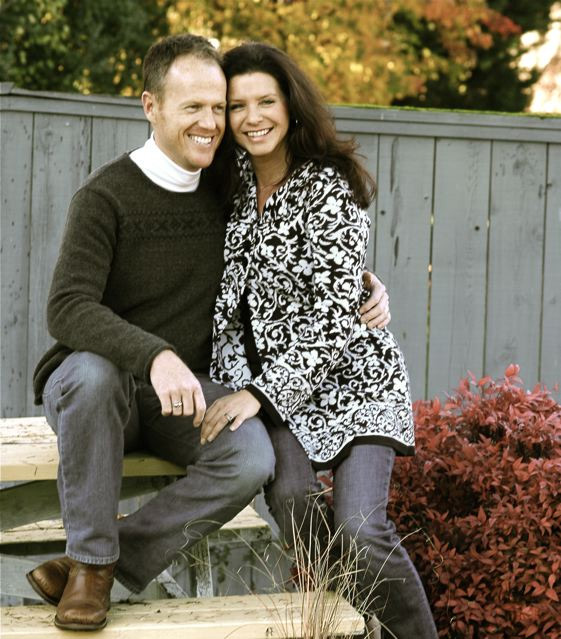For 3 ½ years I’ve opened my home to 6 very special girls. I call them my Balcony Girls, and each time we meet, the girls learn a life lesson. In honor of Holy Week, I want to give you a very simple, easy, valuable lesson that you can share with children to help them prepare for Easter! I believe this lesson encompasses the most important lesson that our children will ever learn. It goes like this:
Discuss Love and Betrayal
Your friend, who you’ve known and trusted for years, has betrayed you. You are shocked and cannot believe it has happened. The daggers go deep into your heart and it really hurts. Betrayal separates, divides and causes strife. It’s very painful when a friend betrays you. It hurts even worse when it is someone whom you consider to be a best friend!
Recently, my Balcony Girls learned a lesson on love. It was so appropriate leading into Holy Week because it gave us the opportunity to talk about the feelings of betrayal that Jesus experienced this week. As mentioned above, the deeper the love you have for someone, the more painful a betrayal feels. One way to discuss love with your kids is to briefly define the four expressions of love, articulated by C.S. Lewis:
- Affection. This is the good feeling we get when we are around someone we like. It's the most shallow expression of love.
- Brotherly love (philia). This is a deep bond that you experience with family or close friends. It also describes the kind of love believers experience for one another as siblings in Christ.
- Romantic love (eros). This is an exclusive kind of love, meant to be shared between a husband and wife
- Unconditional love (agape, charity). This is sacrificial love, the kind of love Jesus showed for us on the Cross.
Brotherly love and unconditional love are the main focus of the Easter story.
A Bag of Money
After introducing some initial thoughts on love and betrayal, I randomly hand each girl an item to hold:
- Bag of money
- Small donkey
- Plastic rooster
- Cross
- Handmade sign (Jesus, King of Nazareth)
- Crown of thorns
- Large nail
- Small rock
These items each appear in the Easter story and hold symbolic meaning.
How Betrayal Develops
Starting with the bag of money, we talk about how, when you are sometimes at your weakest (tired, weary, exasperated), it’s easy to pick apart a friendship - to find things irritating to you. It’s easy to disagree with your friend and argue – and then your emotions get the best of you. Over time, you start having bad feelings toward that friend and before long, bitterness and unforgiveness creeps in. Division starts taking place in your friendship and eats away at your love for that person! Finally, you turn on this friend, the same friend you always stood by in the past.
Sold for Money
This very thing happened to Jesus on Maundy Thursday, when Judas, once a very close friend, let resentment and disagreements settle into his heart. His feelings mounted to hatred toward the person he once loved as a brother and teacher. Judas eventually sold his Master for a bag of money.
At one time, Judas probably felt he would never betray Jesus. But betrayal can unfold in a very startling way.
Making the Easter Story Come Alive
After discussing the money bag, we move through the group and discuss the rest of the Easter items in the girls' hands. We walk through the Easter story as if we were there. Having tangible items to hold on to, the girls listen intently, while I explain the symbolic meanings of each item. (You can read the story of Jesus' betrayel, death, and resurrection in the Gospel of Mark, Mark 14:12.)
The lesson ends with the stone, a symbol of Christ's triumphant love displayed by his empty tomb.
Learning Forgiveness
The Easter story of betrayal, death, and new life is perfect not only to communicate God's eternal and unconditional love for us, but also for illustrating our relationships with one another. Sometimes we let things get blown out of proportion in friendships, and then we find ourselves experiencing betrayal and disloyalty.
I encourage the girls to learn to choose the godly route of forgiveness. To remember the bad feeling of betrayal, but to also know the beautiful impacting lesson of forgiveness. While it may be difficult to forgive those who have hurt us, Jesus offers us the grace needed to love those who have betrayed us if we choose to go this route. Forgiveness doesn't make the past ago away, but it brings new life in sometimes unexpected ways!
Originally published April 8, 2009.
 Sandy Coughlin is a mom to 3 teens, wife to one awesome man, and author of The Reluctant Entertainer. She loves to cook and entertain in her home, and look for creative ways to give to those around her. Check out her popular Reluctant Entertainer blog.
Sandy Coughlin is a mom to 3 teens, wife to one awesome man, and author of The Reluctant Entertainer. She loves to cook and entertain in her home, and look for creative ways to give to those around her. Check out her popular Reluctant Entertainer blog.